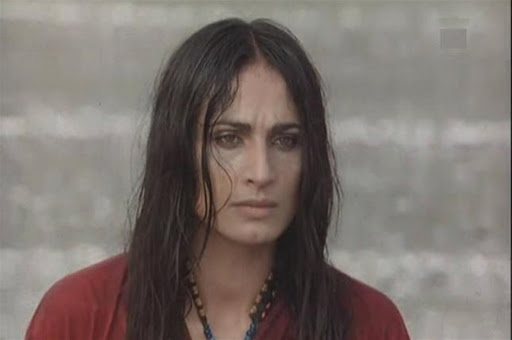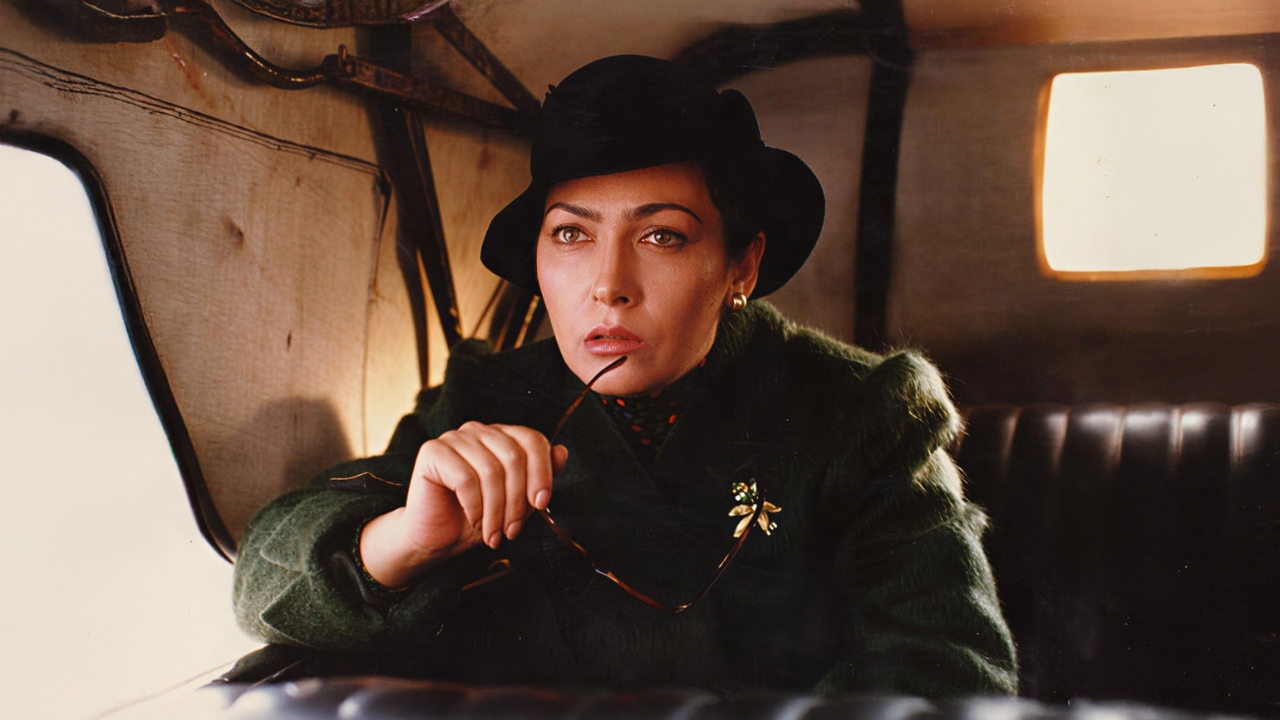
Here’s the refined version with the suggested improvements:
“Susan Taslimi is one of those rare actors who appear once in a century.”
This statement by Iranian playwright Bahram Beyzai refers to someone who redefined acting in Iranian cinema. Though Taslimi’s presence in Iranian cinema and theater was brief, she had a profound impact on the female actors who came after her.
Through her performances in Bahram Beyzai’s films, Susan Taslimi single-handedly transformed the prevailing image of women in Iranian cinema, which before the revolution had largely been limited to portrayals of deceived women or, at best, femme fatales. Beyzai gave women a special place in his works, and Taslimi shone with her unique performances in films such as Ballad of Tara, Death of Yazdgerd, and Bashu, the Little Stranger.
However, some of these films never received screening permission due to hijab-related restrictions. Still, Taslimi remains a pioneer in reshaping the portrayal of women in Iranian cinema. With her striking features, commanding presence, and rebellious spirit, she created female characters whose absence is still felt in cinema today. Her most celebrated performances were in Ballad of Tara, Death of Yazdgerd, and Bashu, the Little Stranger, where she masterfully used her facial expressions and acting techniques to bring to life women with agency and intellect.
The story of Bashu, the Little Stranger follows a young boy whose home in southern Iran is destroyed during an attack in wartime, leaving him orphaned. He accidentally ends up in the north of the country after falling asleep in a truck. There, he meets a woman named Na’i Jan, played by Susan Taslimi, who lives with her two children while her husband is away. Taslimi delivers her performance with a flawless Gilaki accent.
With her complete mastery of acting techniques—blending seamlessly into each role and utilizing the magnetic elements of performance, such as her powerful voice—Taslimi secured her place in Iranian cinema history with stunning performances. In Bashu, the Little Stranger, her portrayal was so skillful that the film is often remembered primarily because of her role. Although Na’i Jan and the boy do not speak the same language, they develop a deep bond, creating one of the most beautiful representations of human connection. Besides its many other cinematic values, one of the film’s greatest strengths is Taslimi’s performance, which beautifully captures the essence of a rural woman. She delivers the Gilaki dialect fluently and convincingly. Her ability to express emotions through her eyes and facial movements, in perfect harmony with her body language, is a hallmark of her performance in this film. With Bashu, the Little Stranger, Taslimi immortalized the role of a Gilaki village woman in what became the most memorable performance of her career.
Susan Taslimi was not in Iran when any of her films were released, except for The Mare. In October 1987, she emigrated to Sweden with her young daughter, and since then, she has continued her artistic career in Sweden, appearing in various productions, including the 2022 action-thriller Black Crab. Reflecting on her departure from Iran, Taslimi once said:
“There were three choices: I could stay in Iran and not work at all, because I could not accept the imposed conditions. The second option was to stay and conform—to accept any role in any film or theater, which was completely against my beliefs. I knew that if I chose that path, it would drive me to madness. There was no third option other than leaving the country… Leaving Iran was a form of protest. I believe that every artist of credibility who left raised questions, and this will be recorded in history. Meanwhile, some stayed, gave in, and said, ‘What difference does it make now?’ These were once incredibly talented individuals, but they committed a form of artistic suicide.”



